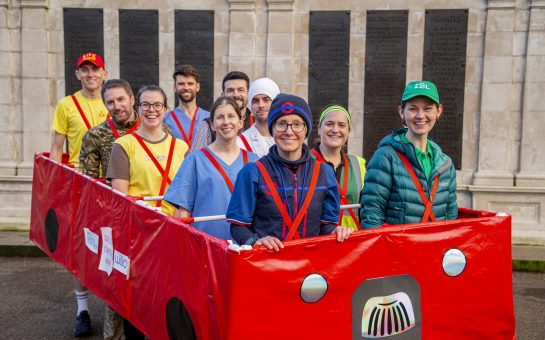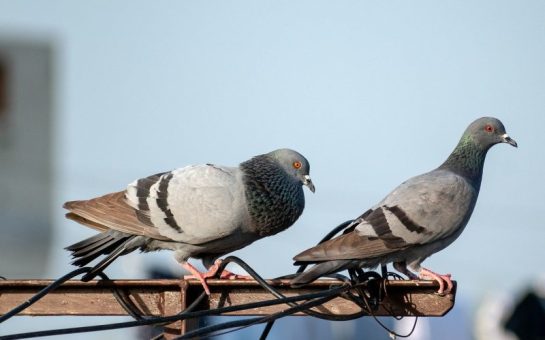The magnificent sight of kingfishers on the River Wandle could be under threat as their numbers have dropped by thousands during the past decade according to the Royal Society for the Protection of Birds.
There are now fewer than 5,000 kingfisher pairs in Britain, and they have been classified as vulnerable throughout Europe for the first time by Birdlife International.
The Wandle Trust, founded in 2000, has been engaged in projects with aims to restore the health of the River Wandle that runs through Croydon, Sutton, Merton and joins the Thames in Wandsworth.
The Trust also work to reverse the decline in birdlife, improve water quality and remove barriers to fish passage.
They said: “Kingfishers are increasingly vulnerable to river pollution which is reducing their food supply.
“They are at risk of a build-up of toxic chemicals from their diet.
“There have been incidents on the river in the past which have wiped out fish populations from stretches of the river.
“This reduces available food for the kingfisher.”
According to the RSPB the causes of the kingfisher’s decline are unclear, and it now joins 36 other threatened bird species on the European Red List of Birds that visit or live in the UK.
Naturalists say that several species resident to the 400-acre Beddington Farmlands in the heart of Wandle Valley Regional Park are in decline.
Peter Alfrey of the Beddington Farmlands Bird Group said: “In 2012 we concluded a survey of the bird species recorded at Beddington Farmlands, the most important area for bird life in south London.
“Around 256 species have been recorded, 43 of these were red data list species.”
The European Environment Agency has said the main threats to birdlife are hunting and changes in waterbody conditions, while pollution and overfishing cause harm to biodiversity.
The Wandle has been blighted by several environmental incidents including the spillage of hundreds of litres of toxic oil into a Croydon stretch of the river three years ago.
In 2007 a chemical was accidentally released into the River Wandle from Thames Water’s Beddington Sewage Treatment Works, which resulted in the death of more than 2,000 fish.
The Wandle Trust said the river has been heavily modified, with natural banks replaced by concrete reducing the amount of suitable habitat for wildlife.
They hope to re-naturalise the River Wandle and introduce sheltered habitats for kingfishers and other birds which will provide nesting sites and protection from predators.
Their volunteer scheme tracks sources of chronic pollution along the river.
Picture courtesy of coniferconifer, with thanks




